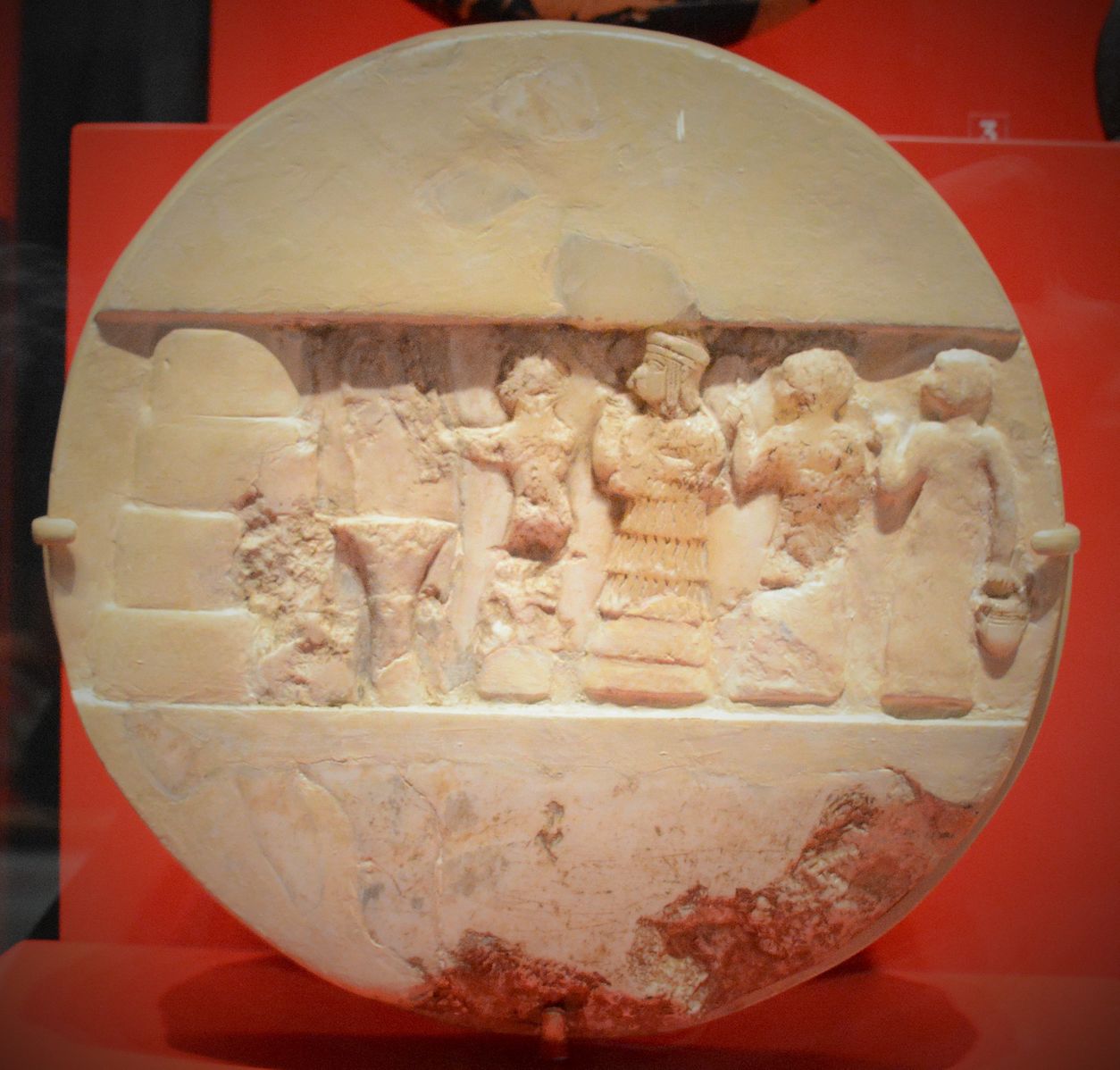Rhetoric

The Sumerian priestess Enheduanna was an early rhetorician. Image credits: Zunkir CC BY 4.0, via Wikimedia Commons.
Rhetoric, the art of persuasion, is key to statecraft, since persuasion potentially functions as a substitute for coercion in the exercise of political power.
The academic study of rhetoric famoulsy flourished in ancient Greece, where it developed in tandem with democratic government. Today, rhetoric is an established academic discipline devoted to the study of persuasive communication.
Throughout history, skillfully employed rhetoric has shaped political outcomes. While the ancient Greeks practiced rhetoric in the face-to-face setting of the agora where participation was limited to citizen males, rhetorical contests are today embedded in a digital and global media system with a more diverse range of participants.
As this shows, rhetoric remains vital to statecraft in the twenty-first century. Our research on rhetoric is limited to its role in statecraft and should be distinguished by a historical perspective. This includes the following lines of inquiry:
- Historical case studies of rhetoric and its role in statecraft
- Studies of classical works of rhetoric
- Comparative historical studies of rhetoric
- Studies of how rhetoric has interacted with broader historical developments, such as industrialization, democratization, globalization, and the spread of new media and communication technologies